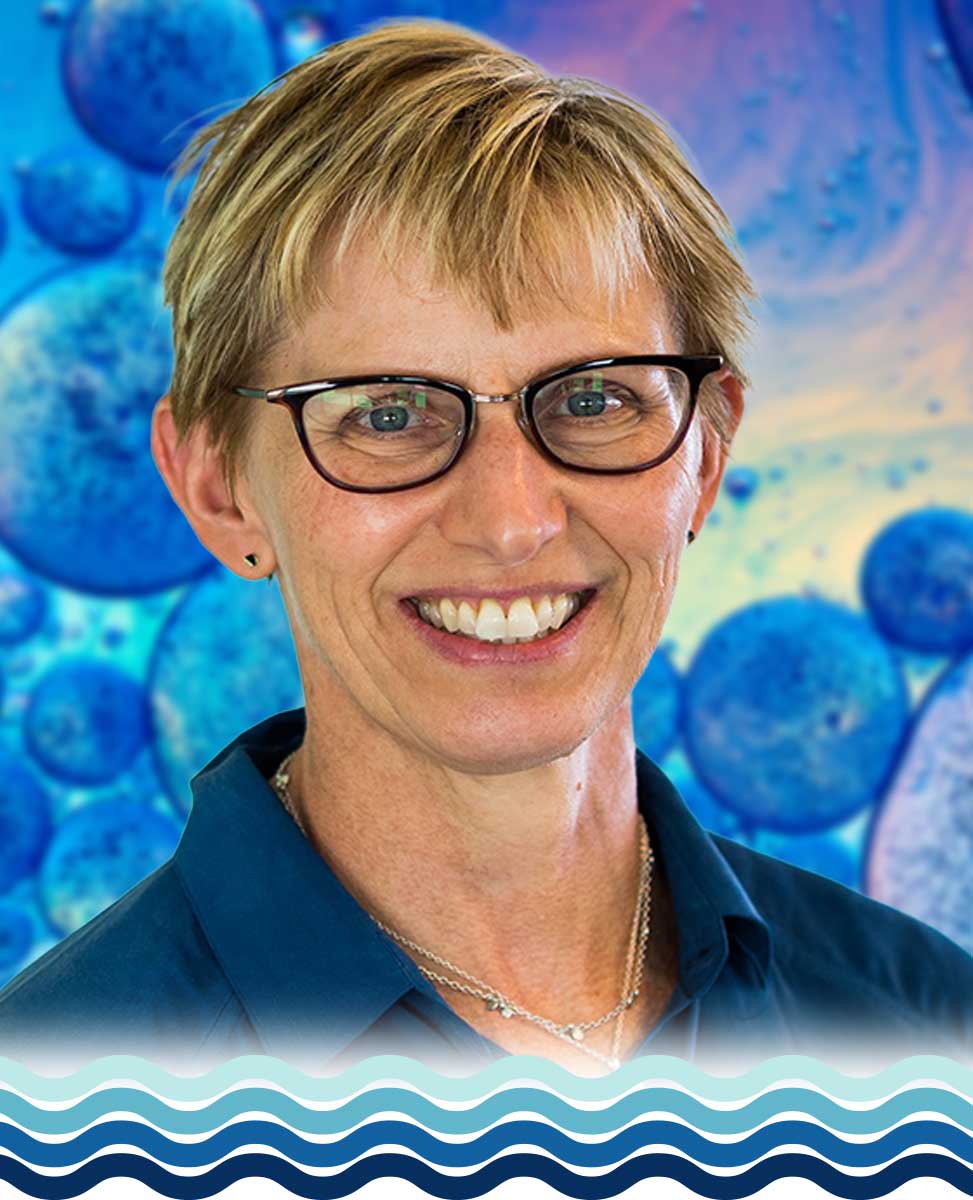Laura Kiessling
Novartis Professor of Chemistry
Talk Information
Session 8: Peptides in Oncology
18 June 2025, 10:30am - 10:55am, in the Pacific Jewel Ballroom
L40 – Testing Immune Recognition of Modified Peptides

Professor Laura L. Kiessling is the Novartis Professor of Chemistry at the Massachusetts Institute of Technology, where she leads a multidisciplinary research program bridging chemical biology, glycoscience, and immunology. Renowned for her groundbreaking work on carbohydrates and cell-surface recognition, she also holds appointments in the Department of Biology and the Koch Institute for Integrative Cancer Research. Professor Kiessling is a member of the Broad Institute and an Investigator with the Howard Hughes Medical Institute.
Academic Background
Professor Kiessling earned her undergraduate degree in chemistry from the Massachusetts Institute of Technology and completed her Ph.D. in chemistry at Yale University under the guidance of Stuart Schreiber. She then pursued postdoctoral research at the California Institute of Technology with Peter Dervan before launching her independent academic career.
Research Focus
Her lab explores how carbohydrate-binding proteins mediate cellular communication and pathogen recognition. By designing synthetic polymers and probes, her group uncovers the roles of glycans in immunity, microbiome interactions, and host-pathogen dynamics. Her research has paved the way for new therapeutic strategies that exploit glycan-mediated signaling.
Notable Publications
Professor Kiessling has published extensively in Nature, Science, and Cell, with key articles advancing our understanding of lectin-glycan interactions, cell wall biosynthesis, and multivalency in biological recognition.
Awards and Honors
Among many honors, Professor Kiessling is an elected member of the American Academy of Arts and Sciences and the National Academy of Sciences. She has received the ACS Gibbs Medal, the Tetrahedron Prize, and the Heinrich Wieland Prize for her contributions to chemical biology and glycoscience.
Speaking Engagements
In addition to delivering plenary lectures around the world, Professor Kiessling is a sought-after keynote speaker at symposia addressing frontiers in chemical biology, immunochemistry, and molecular medicine.
Testing Immune Recognition of Modified Peptides
The recognition of non-self groups underlies effective immune responses. Membrane-bound immunoglobulins on B cells, or B cell receptors, BCRs, can respond to a diverse array of chemical groups, ranging from non-self glycans, peptides, or even polymers. In contrast, T cell receptors, TCRs, are viewed as more restricted, primarily recognizing and responding to foreign peptides presented by major histocompatibility complexes, MHCs, on antigen-presenting cells, APCs. Recent evidence, however, suggests that modified peptides, including those bearing glycans can prime TCRs.
We have developed a polymer platform to deliver modified peptides, thereby providing the means to explore this T cell receptor plasticity. Specifically, we are examining how peptide modifications influence T cell recognition and the resultant immune response. This seminar will describe our recent progress on this front.

